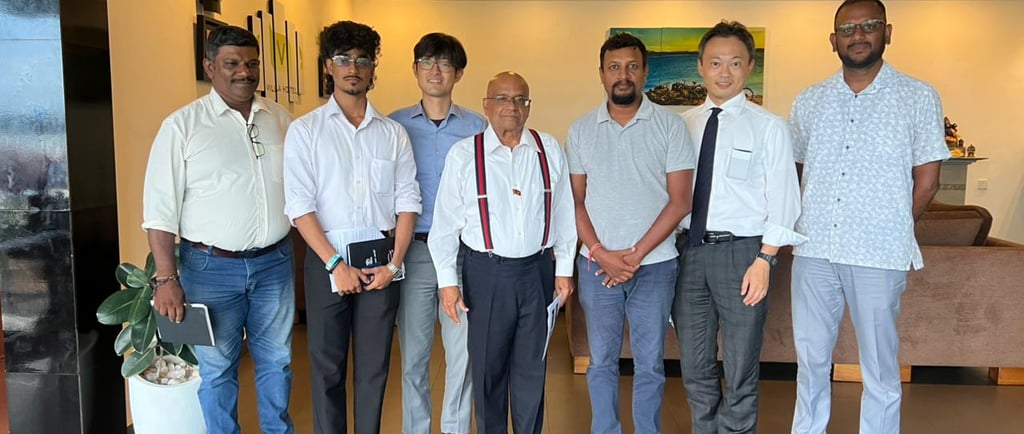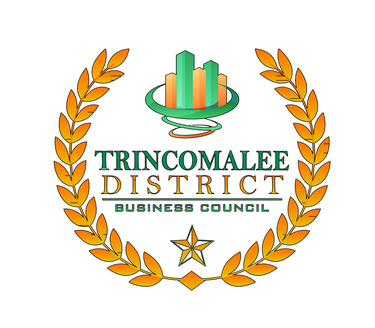Strengthening Economic Ties: TDBC and JETRO Meeting on Investment Opportunities
The Trincomalee District Business Council (TDBC) will hold a meeting with the Japan External Trade Organization (JETRO) to discuss potential investment opportunities in the Trincomalee District. The main objective of this meeting is to strengthen economic collaboration between Sri Lanka and Japan by identifying and promoting key sectors that are suitable for Japanese investment and partnership.
MEETINGS
Marten
10/17/20252 min read


Overview of the Meeting Initiative
The upcoming meeting between the Trincomalee District Business Council (TDBC) and the Japan External Trade Organization (JETRO) represents a significant step towards fostering economic collaboration between Sri Lanka and Japan. This meeting is aimed at exploring the myriad of investment opportunities available within the Trincomalee district, a region characterized by its untapped economic potential and strategic location.
Investment Landscape in Trincomalee
The Trincomalee district is poised for growth due to its favorable investment landscape. With its substantial geographic advantages, this district is an attractive destination for foreign investment. The region boasts an exceptionally developed infrastructure, which facilitates ease of business operations, coupled with the strategic importance of the Trincomalee port. This port is not only the deepest natural harbor in the world but also serves as a vital hub for shipping and logistics, creating significant opportunities for industries looking to optimize their operations.
As part of the meeting agenda, TDBC and JETRO will discuss the economic potential of this district and how best to leverage its resources. Key topics will include the diverse industries that could benefit from Japanese investment, including technology, renewable energy, and tourism.
Priority Sectors for Investment
One of the fundamental aspects of the forthcoming meeting will be identifying priority sectors for investment in the Trincomalee district. The aquaculture and fisheries sector stands out as a prime candidate. Given the district's rich maritime resources, there is significant potential for developing sustainable aquaculture practices that could cater to both local and international markets.
In addition to aquaculture, the meeting will also explore opportunities in other sectors such as renewable energy, particularly solar and wind energy projects, which align with global sustainability goals. The aim is to promote diversification in the local economy while drawing from Japan's technological expertise and investment capabilities.
Conclusion
The discussion between the TDBC and JETRO is not merely a meeting of minds but a step towards actualizing the potential that the Trincomalee district holds for Japanese investments. By working together, both parties can foster an environment that promotes economic growth, job creation, and sustainable development. As Sri Lanka looks to enhance its economic ties with Japan, this meeting will serve as an essential platform for initiating strategic collaborations that can redefine the investment landscape in the region.
